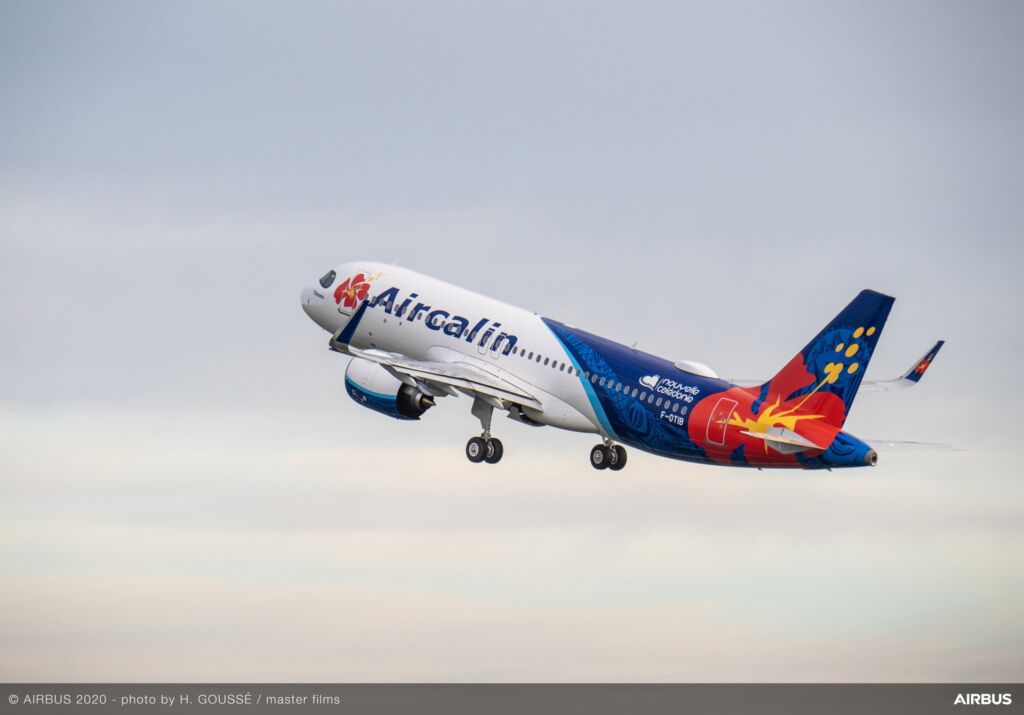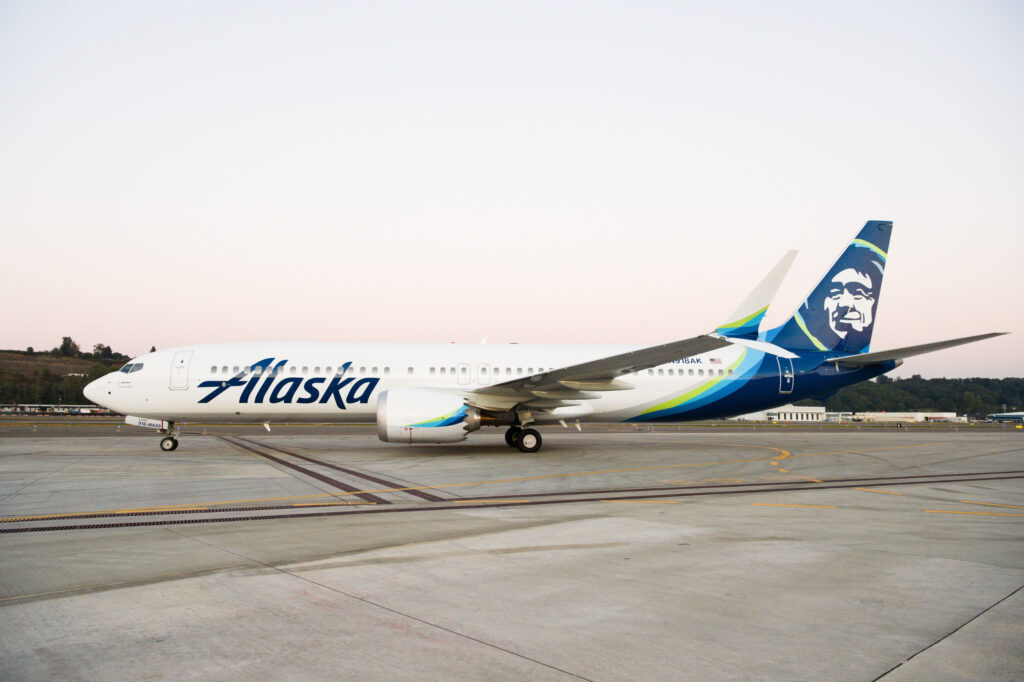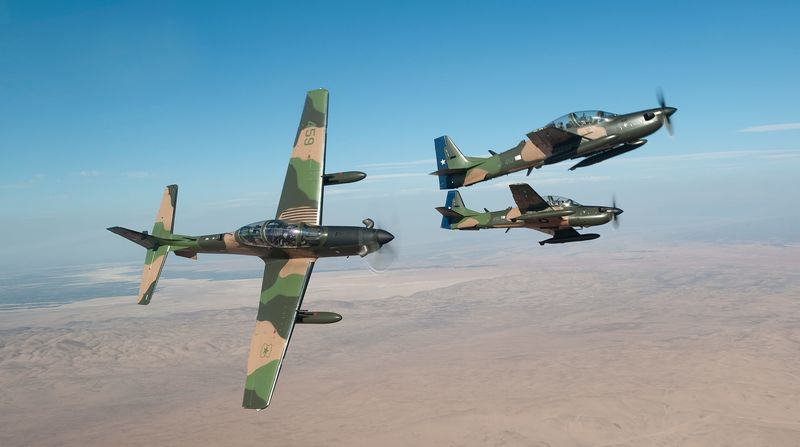Aircalin Takes Delivery of First A320neo
New Caledonia’s Aircalin has taken delivery of its first A320neo. The aircraft joins two A330neo already delivered under the carrier’s fleet modernisation plan. With its new fleet the airline benefits from the lowest operating costs…


